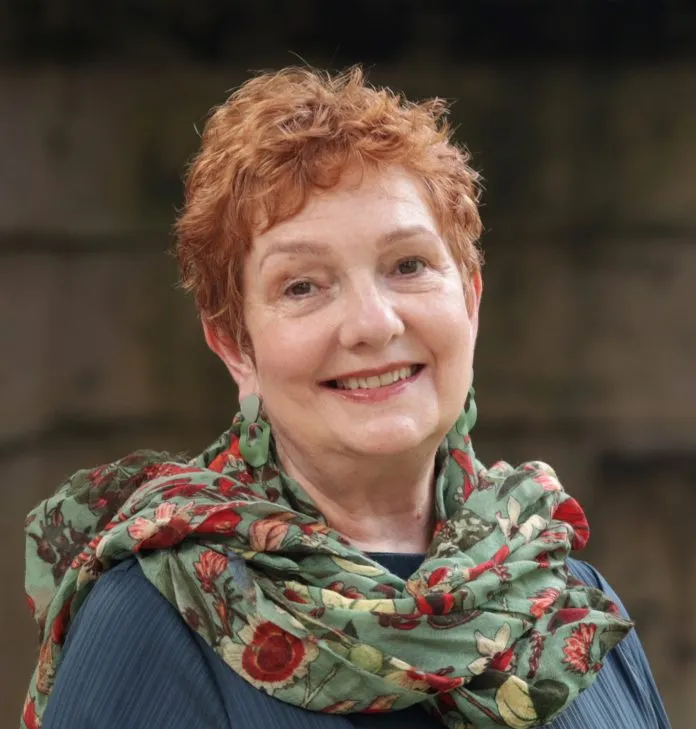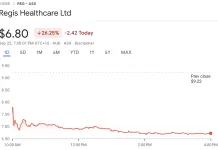In this guest post, Dr Isabelle Meyer, the Executive Director of Dementia Training Australia (DTA), highlights the urgent need for awareness, early detection and compassionate care of those living with dementia. With cases expected to double by 2058, communities, businesses and health professionals must commit to training, inclusivity and support. Dementia Action Week runs from September 15 – 21.
This Dementia Action Week, let’s ask ourselves: are we prepared to support someone living with dementia? If today the answer is “not yet,” let’s plot a new direction.
Whether it is supporting a loved one, working in the aged care industry or simply interacting with an individual for the first time at a local café, there are skills necessary to provide compassionate care for someone living with dementia.
Knowing what Dementia is and how it affects both the brain and behaviour is vital. With the number of Australians living with dementia expected to double by 2058, training will provide the solid roadmap we need to create dementia friendly communities. This roadmap will enable us to assist people living with dementia to continue living with dignity, purpose and connection.
What the science tells us about the increasing number of Australians living with dementia is that they are likely to be younger than we think and will live longer. They will be our friends and our siblings, not just our mums and dads or grandparents. They will be our customers and clients, and our neighbours. They might even be us.
As numbers continue to increase, unfortunately, we’ll all be touched by dementia at some point. Education and knowledge are power, for families and loved ones when it comes to early intervention, and also for those across the health and disability workforce. Understanding subtle changes can be key to early detection, like simple forgetfulness, difficulty problem-solving or changes to daily routines. Understanding the difference between delirium and dementia, and most importantly, feeling confident about saying and doing the right thing, will be key signposts for the Dementia Roadmap we need to build.
Delay in diagnosis can have significant impacts on individuals and their care. Early detection means families have more time to access specialist services, explore options to slow progression and make important decisions about the future of care, while their loved one can participate in these conversations.
Two-thirds of Australians who live with dementia remain in the community. Responsibility extends beyond just aged care settings. Local podiatrists, GPs and local businesses will increasingly encounter people living with dementia. Businesses and communities that act with awareness and compassion will not only support quality of life for those living with dementia but also create inclusive spaces that ease the burden on carers.
“More than half the residents of aged care facilities already have a cognitive impairment, usually relating to Dementia. These numbers are expected to continue increasing in the next decade and beyond.”
At Dementia Training Australia, we have developed practical resources to assist. These include the WHO-endorsed Training Standards Framework and knowledge assessment tools, VR learning experiences, guides and factsheets, as well as formal online and face-to-face training. All are free and designed to help aged care service providers, individuals, and businesses strengthen their understanding and build confidence. We can also assist with understanding what modifications might need to be made in the home, care setting or environment to manage risk, and our podcasts and resources are at the cutting edge of applied research.
There is training available through our programs to assist GPs and Nurses – in fact, the whole of the health and disability workforce – to understand and guide on the options available for diagnosis, treatment and support. There is also support for residential aged care providers, with staff training programs available.
The need for training has never been greater. This Dementia Action Week, let’s commit as a community and as a workforce to making dementia everyone’s business.
Dr Isabelle Meyer is the Executive Director of Dementia Training Australia (DTA). Funded by the Australian Government, DTA provides nationwide education and training on dementia care. Established in 2016, it brings together the expertise of five universities and Dementia Australia, coordinated by the University of Wollongong.











